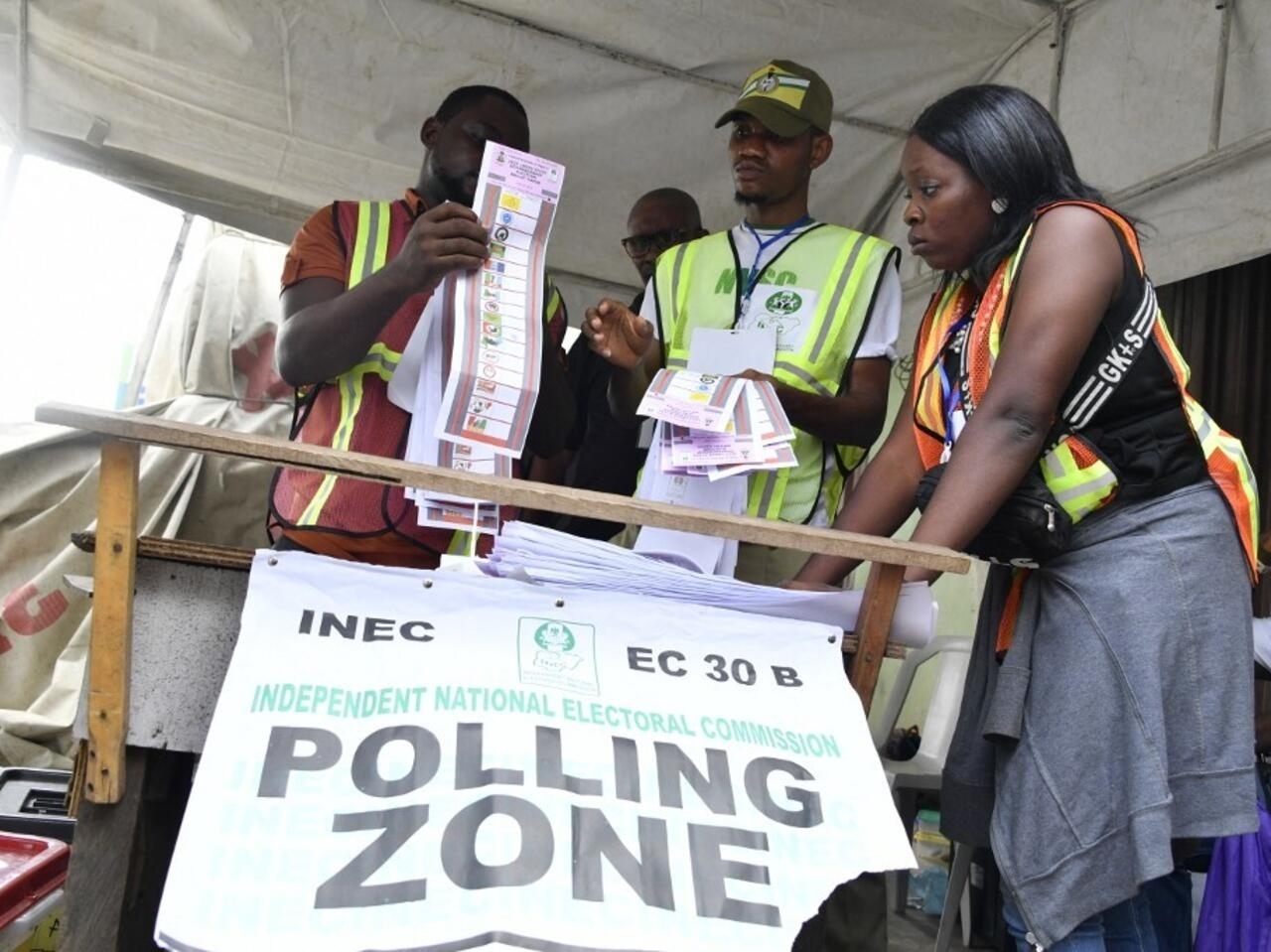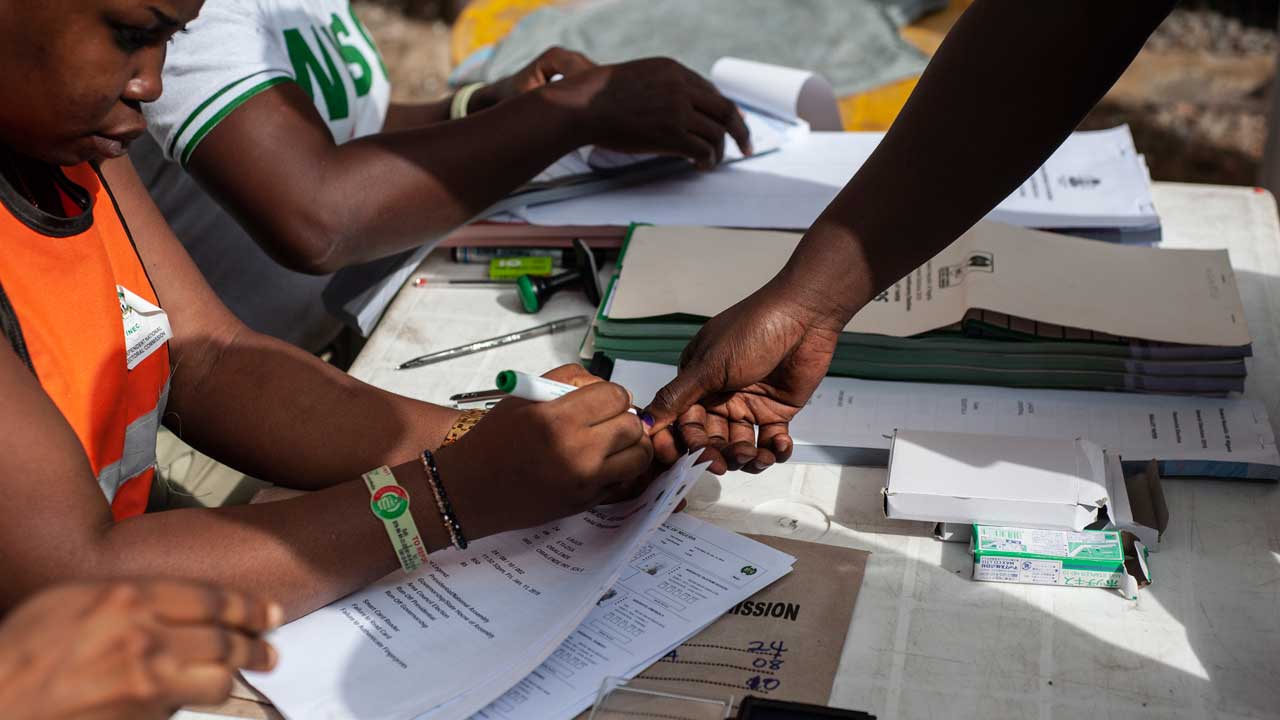

After two victories in violent and allegedly rigged state governorship elections over the weekend, Nigeria's ruling party consolidates power with local electionwins. In Nigeria, where governors have significant authority and incidents of violence, murder, and intimidation of voters are frequent, state elections are hotly contested.
An election official was kidnapped prior to the vote, and there were other reports of fatal shootings despite a strong security presence. Three states held polls on Saturday.
Nigeria's Ruling Party Consolidates Power With Local Election
The All Progressives Congress (APC), the ruling party in Nigeria, won governorship elections last Saturday in two of the three states that were conducting them. The battle was widely observed. Violence and allegations of electoral fraud marred the polls in the central state of Kogi, the southern state of Bayelsa, and the southeast state of Imo.
Because state governors in Nigeria have so many powers, governorship elections are usually fiercely contested. Even with the deployment of heavy security, local media claimed multiple deaths and the reported kidnapping of an Independent National Electoral Commission (Inec) official throughout the process.
According to official tallies, the APC, led by President Bola Ahmed Tinubu, triumphed in Imo State, where the incumbent governor, Hope Uzodinma, won a second term with 540,308 votes, more than his opponent's 71,503 votes. Furthermore, the APC maintained its hold on power in Kogi State, where Ahmed Usman Ododo emerged victorious with almost 446,000 votes, trailed only by the Social Democratic Party (SDP) with 259,000 votes.
But in Bayelsa State, the opposition People's Democratic Party (PDP) candidate and outgoing governor Douye Diri won with 175,196 votes, beating the APC candidate who received 110,108 votes.
Now, the PDP controls 13 states in Nigeria, while the APC controls 20 of the country's 36 states. Parties other than the APC or PDP are in charge of the remaining three states.
A number of polling places had minimal turnout, which the election monitoring organization, the Center for Democracy and Development (PDFD), attributed to voters' fear of violence. Poll-watching groups and Nigerian media reported on a number of fatal shooting events, including one where troops were allegedly shot trying to stop a man in Anyigba, Kogi State, from fleeing with a ballot box. Requests for comments on the subject have not received a response from the army or the police.
Vote-buying was another issue brought up by the CDD, as there were rumors of people trading votes for rice during the election.
The work of the electoral commission was closely watched, particularly in light of the backlash against President Bola Ahmed Tinubu's election victory earlier in the year. The opposition had protested about technical difficulties and delays in the release of the results, alleging they created the potential for election fraud. In order to guarantee "free, fair, and credible" elections, the electoral commission, or Inec, claimed to have taken all required precautions.
Inec declared the release of one of its workers who had been abducted in Bayelsa State in a different incident. The panel found that over 5,000 voters in the state were impacted when a boat containing election paperwork overturned.
Nigeria has a history of electoral violence since the end of military rule in 1999, and election results are frequently challenged in court.
Final Words
In Nigeria, where leaders are very powerful, state elections are very contested. There are often fights, killings, and attempts to scare voters. Violence and claims of vote fraud marked the weekend of state governorship elections in Nigeria, which gave the ruling party two more wins and strengthened its grip on power.
Following "inconclusive" results in March, the governor's race in the northern state of Kebbi was rerun, and the governing party of Nigeria emerged victorious. After the local representative of the Electoral Commission (INEC) assumed the post of returning officer, the results collection in another state, northeastern Adamawa, where a poll had to be rescheduled for the same reasons, was put on hold.

